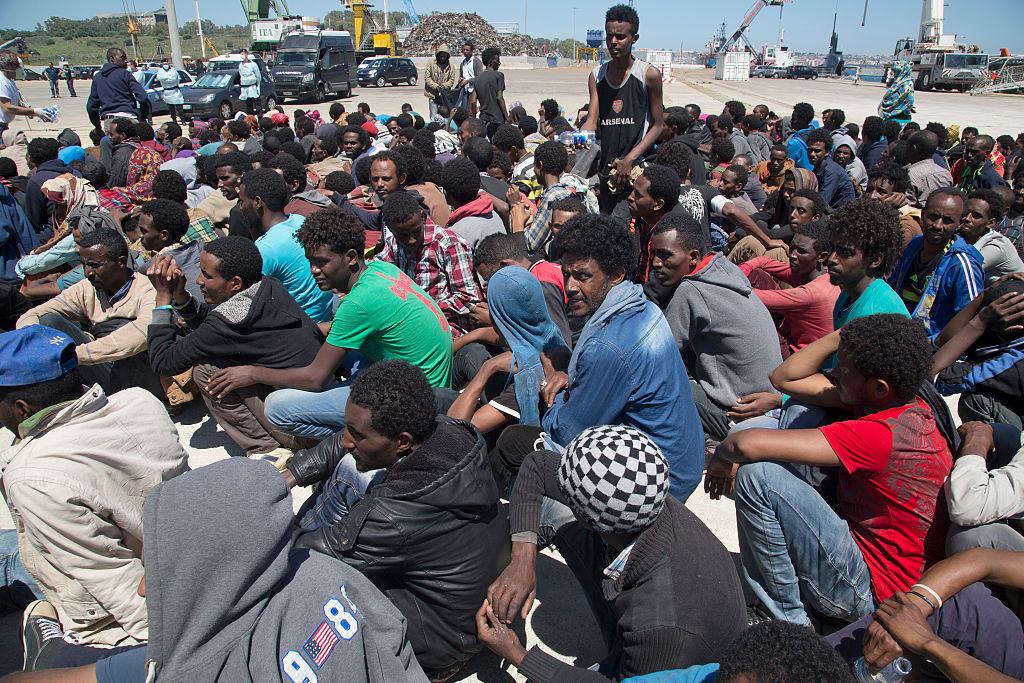With 99.8 per cent of polling stations counted by 1:50 a.m. local time, Romania’s presidential runoff came to a close. Nicușor Dan, a centrist mayor of Bucharest, secured 53.8 per cent of the vote, while hard-right AUR leader George Simion followed with 46.2 per cent.
It was a dramatic night in Bucharest. At 21:00, Simion gave his second press conference of the day, standing on the steps of the Senate. The favourite Trump tune, “YMCA”, played in the background as Simion addressed journalists, along with international conservative leaders, MAGA supporters, and influential policy advisors. Among them: Christine Anderson of Germany’s hard-right Alternative for Germany (AfD), Virginie Joron MEP of Marine Le Pen’s Rassemblement National, and Brian Brown, founder of the American National Organization for Marriage. If you didn’t know it was election night, one could have thought it was a MEGA/MAGA conference. While the sphere was still optimistic then, people chanting Simion and dancing to the iconic Trump song. Then the atmosphere changed quickly once entering the Senate where AUR has headquarters, 30 minutes later.
By 21:30, the atmosphere in AUR headquarters began to shift. The exit polls initially suggested a neck-and-neck race. But within the hour, it became clear: the momentum had swung to Dan. By 23:00, many international guests had left. The much-anticipated victory turned into a solemn reflection.
But did George Simion really lose the elections or were they stolen from him? During the day, allegations were made of videos emerging of Romanian factory workers being warned they would lose their jobs if they voted for Simion. In Moldova, President Maia Sandu openly endorsed Dan, a move unusual for a sitting head of State, especially during an election in a neighbouring country. Turnout among the Moldovan diaspora tripled compared to the first round, raising questions from AUR about irregularities. Once again, the party feared that deceased citizens had been used to cast fraudulent votes. As a precaution, AUR launched a WhatsApp hotline where citizens could report election fraud. And do not forget about the government of France allegedly trying to ban free speech on Telegram in order to prevent the sharing of conservative thought for the elections. One thing is clear: Romania deserved to have a fair investigation into whether they truly had fair elections.
Still, Simion remained defiant. On X, he wrote: “We may have lost a battle, but we will certainly not lose the war.”
For a party that was founded in 2019, AUR’s rise is historic. In a country where the post-communist establishment has ruled unchallenged since 1989, Simion’s near-victory sends a clear message: the people are waking up.
And even if he didn’t become president last night his movement is now bigger than any one election. The international presence backing Simion wasn’t symbolic. It was a sign that Europe’s conservative bloc is not only growing, but uniting.
Romania may have crowned another pro-EU centrist president. But across Europe, a patriotic tide may be rising.





